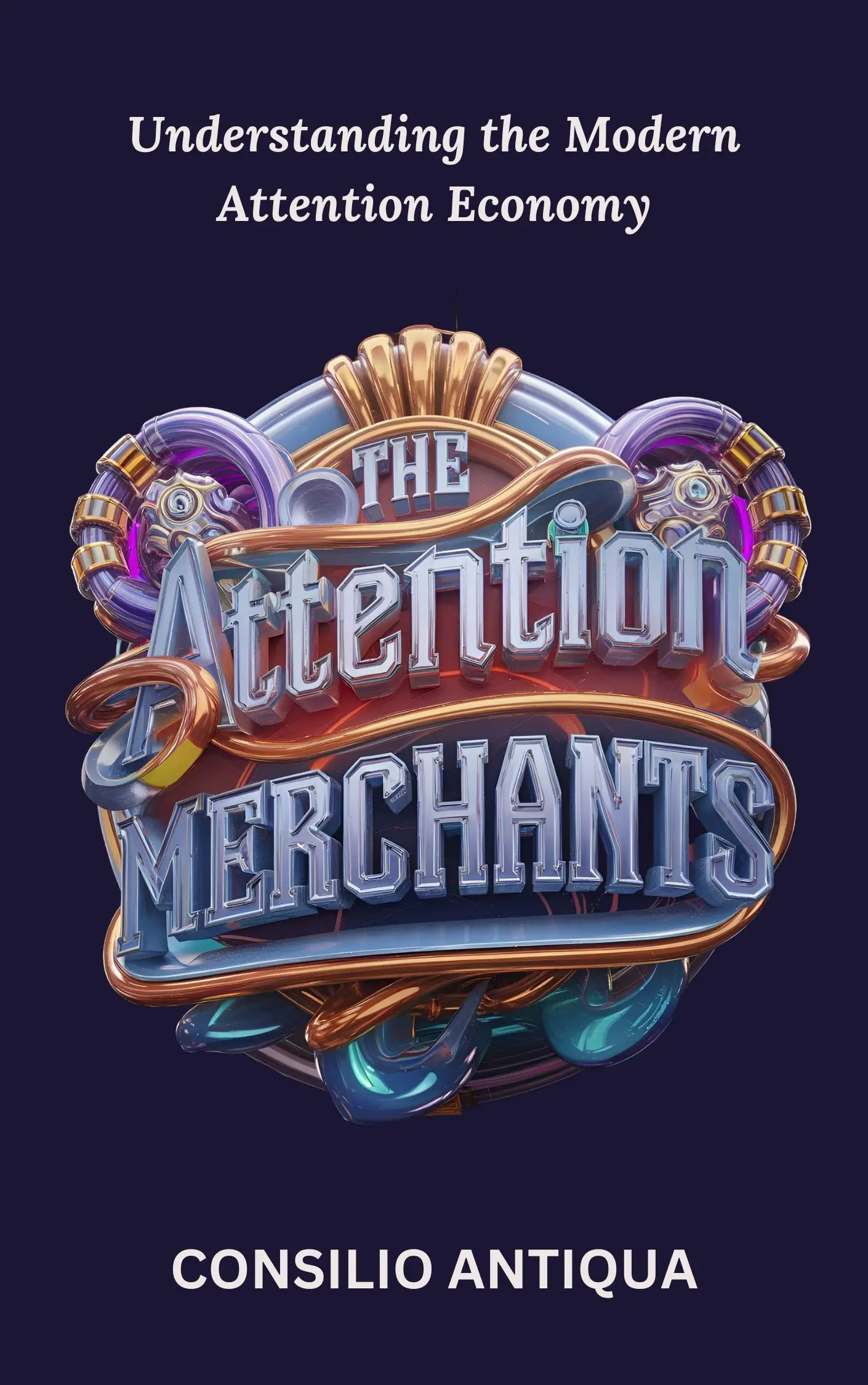
The Attention Merchants | Chapter 19. Case Studies of Successful Attention Merchants
Chapter 19. Case Studies of Successful Attention Merchants
Think about your typical morning. The alarm goes off, and before you even get out of bed, you reach for your phone. A quick scroll through Instagram, a glance at the latest headlines on Twitter, maybe a peek at your email inbox. Sound familiar? If so, you've already stepped into the attention economy – a world where companies are constantly vying for your most valuable resource: your focus.
Let's take Facebook, or Meta as it's now known. They've built an empire on the simple idea of keeping you glued to your screen. Their algorithms are like master puppeteers, analyzing your every click and like to create a personalized feed that's almost impossible to resist. They know what news stories you'll click on, what ads you'll find tempting, and even what friends' posts you're most likely to engage with. It's a constant stream of tailored content designed to keep you scrolling, liking, and sharing – all while generating valuable data that they can then sell to advertisers.
Gaming platforms like Twitch have taken a different approach, tapping into the power of live interaction. Imagine watching your favorite gamer battle it out in real-time, with thousands of other viewers cheering them on in the chat. It's like being at a live sporting event, but from the comfort of your own home. Twitch understands that people crave connection and shared experiences, and they've built a platform that delivers just that, keeping users engaged for hours on end.
Then there's the rise of influencer marketing. Think about that YouTube star you follow who always seems to have the coolest new gadgets or the most stylish clothes. They've built a loyal following by being authentic, relatable, and knowledgeable about their niche. Companies are eager to partner with them because they know that their recommendations carry weight with their audience. It's a form of word-of-mouth marketing on steroids, leveraging the trust and connection that influencers have cultivated with their followers.
But it's not just social media and gaming platforms that are vying for your attention. AI-powered services like Netflix and Spotify are also in the game. Their algorithms analyze your viewing and listening habits to recommend movies, shows, and music that you're likely to enjoy. It's like having a personal concierge for your entertainment, making it incredibly easy to get sucked into hours of binge-watching or music listening.
However, the quest for attention can sometimes cross ethical lines. Some companies use AI to exploit human psychology, creating apps and platforms that are designed to be addictive. Think about those mobile games that bombard you with notifications or offer enticing rewards to keep you playing. They're tapping into our innate desire for instant gratification and our aversion to missing out, often at the expense of our well-being and productivity.
Behavioral economics also plays a significant role in the attention economy. Companies use principles like scarcity and loss aversion to nudge us towards certain actions. Think about those limited-time offers that create a sense of urgency or those "only a few items left" messages that trigger our fear of missing out. These tactics are designed to bypass our rational decision-making processes and tap into our emotional triggers, making us more likely to click, buy, or engage.
Of course, the constant barrage of digital distractions can be overwhelming. We're constantly bombarded with notifications, emails, and social media updates, making it difficult to focus on the task at hand or simply enjoy a moment of quiet. But this also presents an opportunity. Companies that can help us manage our attention and promote mindful technology use are likely to gain a competitive edge. Think about apps that block distracting websites or tools that help us track and limit our screen time. They're catering to a growing need for digital well-being, helping us reclaim control over our attention and find a healthier balance in our digital lives.
The attention economy is constantly evolving, with new platforms and technologies emerging all the time. One interesting trend is the rise of attention as a social currency. Platforms like Reddit and Discord are built around the idea of users sharing and exchanging attention. Think about upvotes, comments, and shares – they're all forms of acknowledging and rewarding the attention that others have put into creating content or participating in discussions. It's a fascinating example of how attention can be treated as a valuable resource that can be traded and exchanged within online communities.
In conclusion, the attention economy is a complex and multifaceted landscape. Companies are constantly finding new and innovative ways to capture and monetize our attention, often using sophisticated algorithms, psychological tactics, and cutting-edge technologies. Understanding how these strategies work is crucial for both individuals and businesses. By becoming more aware of the forces vying for our focus, we can make more conscious choices about how we spend our time and attention, ultimately leading to a more fulfilling and productive digital life.
